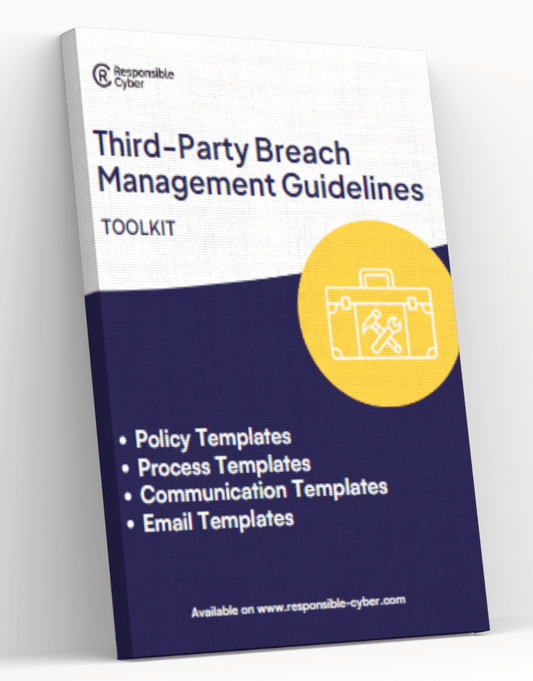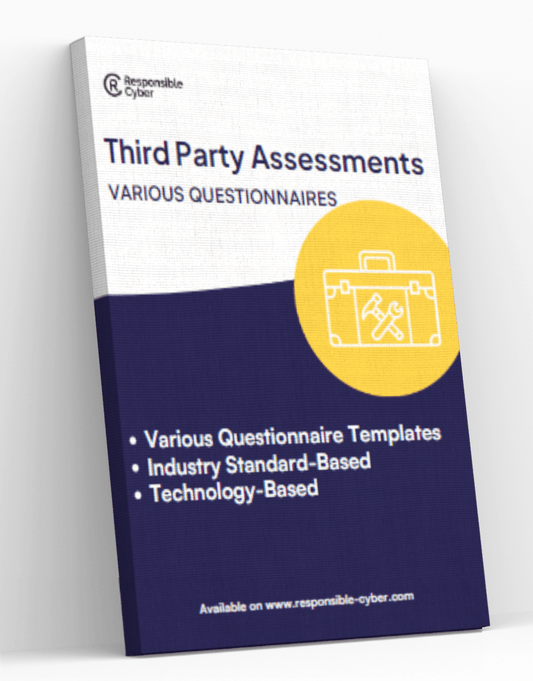Managing Risks Related to Employers of Record (EORs) and Contractors

In today's global business environment, companies increasingly rely on Employers of Record (EORs) and contractors to streamline operations, enter new markets, and access specialized skills. While these relationships offer significant benefits, they also introduce various risks that organizations must manage effectively to ensure success and compliance.
Understanding Employers of Record and Contractors
-
Definition and Role of an EOR
- An Employer of Record is an organization that legally employs people on behalf of another company. This can include handling payroll, taxes, benefits, and compliance with local employment laws.
- Benefits of using an EOR include rapid market entry, reduced legal risks, and administrative ease.
-
Role of Contractors
- Contractors are independent professionals or entities hired to perform specific tasks under agreed terms. They are not employees and thus not subject to the same legal and benefit obligations.
- Benefits include flexibility, cost savings, and access to specialized expertise.
Risk Management Strategies
-
Legal Compliance
- Understanding Local Laws: Ensure that the EOR complies with local employment laws, including wages, working hours, termination rights, and benefits.
- Contract Clarity: Define clear contracts with contractors to avoid misclassification and ensure compliance with local independent contractor laws.
-
Financial Risks
- Budget Management: Monitor and manage the cost implications of hiring through EORs and contractors, including service fees, tax implications, and currency fluctuations.
- Insurance and Liability: Ensure appropriate insurance coverage for liability issues that can arise from contractor work or international employment through an EOR.
-
Operational Risks
- Dependence on External Parties: Develop strategies to mitigate risks from over-reliance on EORs or contractors, including backup plans and diversified hiring strategies.
- Quality Control: Implement quality checks and balances to maintain standards in the work delivered by contractors or through EOR arrangements.
-
Reputation and Ethical Considerations
- Reputation Management: Manage the potential reputational risks associated with poor contractor performance or ethical issues arising from EOR practices.
- Ethical Employment Practices: Ensure that EORs adhere to ethical employment standards, respecting worker rights and providing fair working conditions.
-
Data Security and Privacy
- Protecting Sensitive Information: Address the risks associated with data privacy and security, particularly when contractors handle sensitive or proprietary information.
- Compliance with Data Regulations: Ensure compliance with global data protection regulations, such as GDPR, especially when employing across borders.
-
Strategic Alignment and Culture
- Cultural Fit: Ensure that both EOR-employed personnel and contractors align with the company's culture and values to promote a cohesive work environment.
- Strategic Oversight: Maintain strategic oversight over the roles filled by EORs and contractors to ensure they align with long-term business goals.
Tools and Technologies for Risk Management
Leverage technology solutions such as integrated HR platforms, compliance tools, and contractor management systems to streamline processes, enhance visibility, and improve compliance monitoring.
Conclusion
Effective risk management in engagements with Employers of Record and contractors is crucial for operational success and strategic flexibility in a global market. By understanding the complexities and implementing robust management strategies, businesses can mitigate risks while maximizing the benefits these relationships offer.







